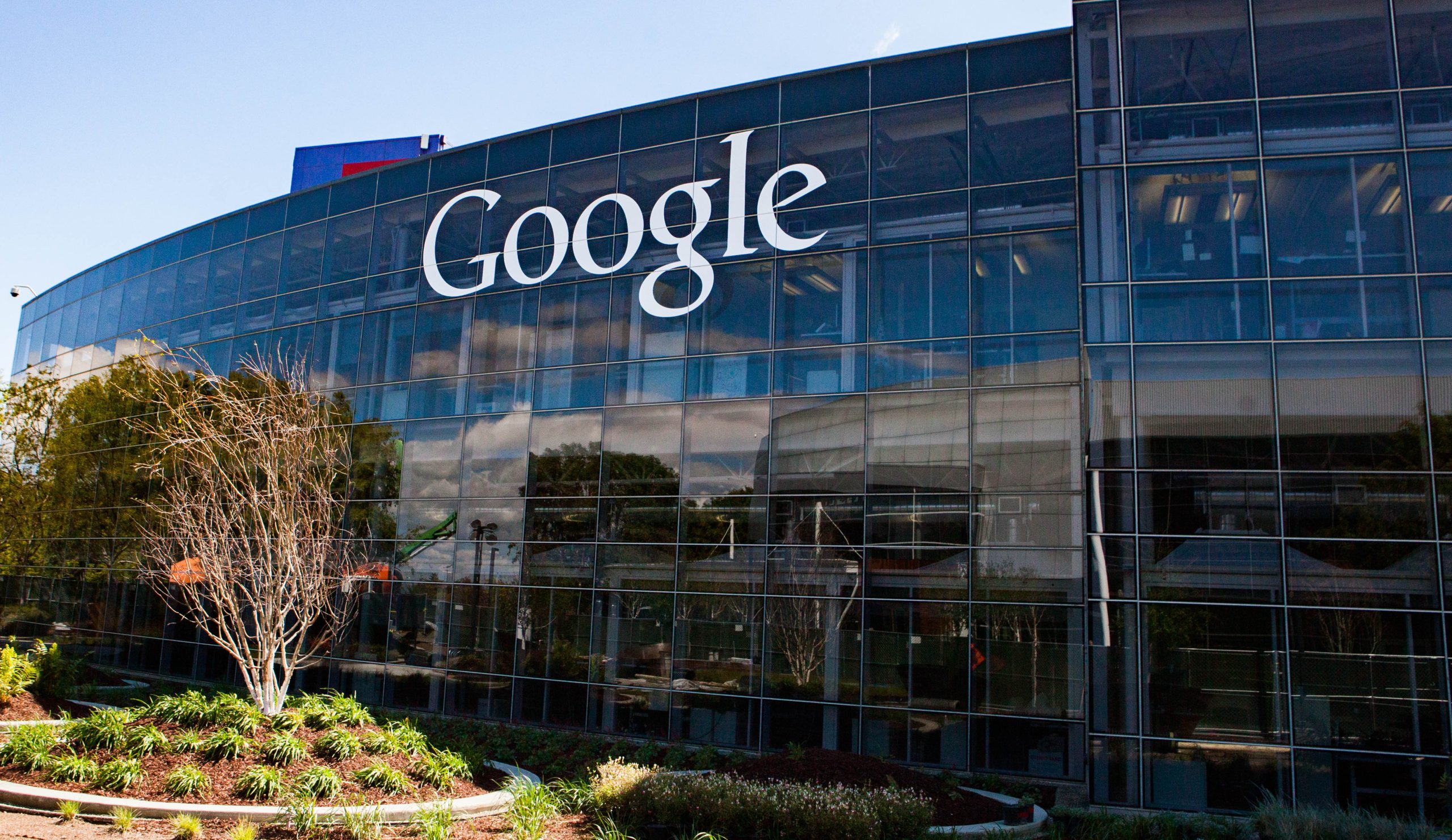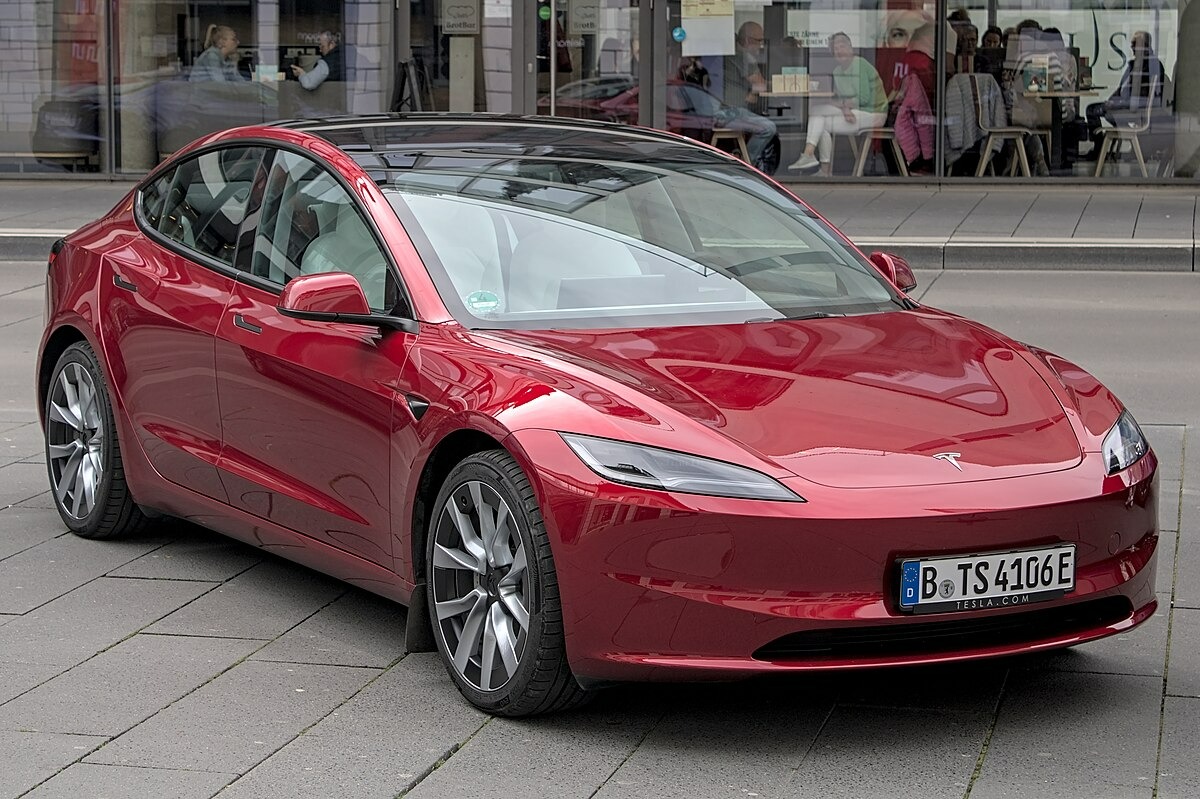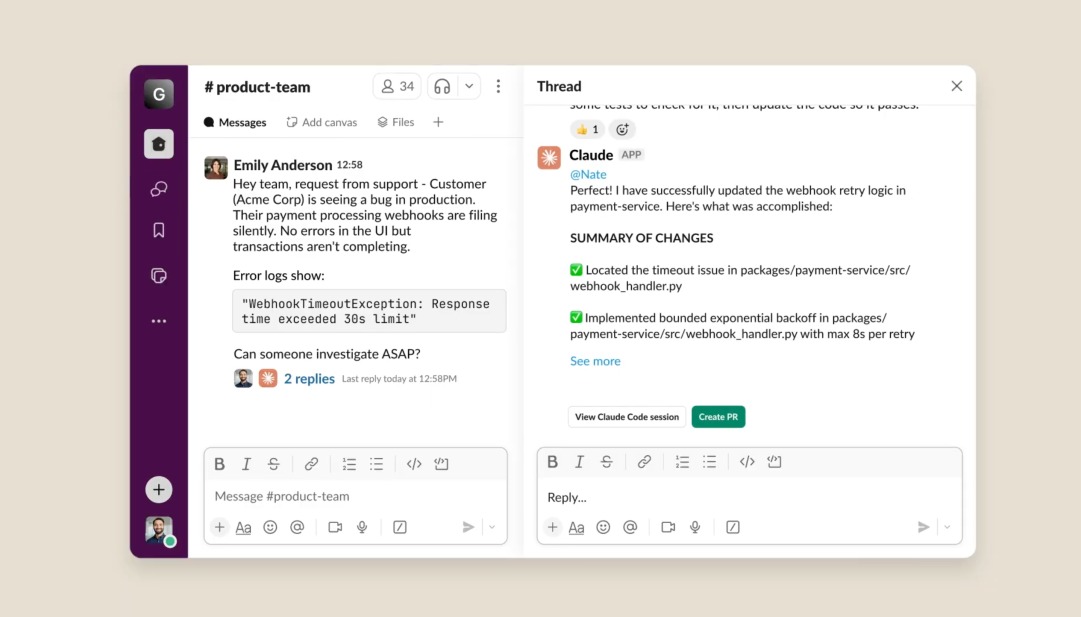The European Union just slapped Google with a €2.95 billion fine for systematically abusing its dominant position in digital advertising. This marks the fourth major antitrust penalty against the tech giant, bringing total EU fines to over €8 billion. Google’s self-preferencing practices have shaped your daily internet experience, with the company essentially dealing itself the best cards in every digital ad auction since 2014.
How Google Gamed the System
The company created an unfair advantage by prioritizing its own ad exchange over competitors.
Google’s approach was elegantly simple yet devastating for competition. Whenever publishers wanted to sell ad space or advertisers sought to buy it, Google’s tools would systematically favor the company’s own ad exchange. Think of it like owning both the casino and being the house dealer—except other players didn’t realize the deck was stacked.
This self-preferencing squeezed out rival adtech platforms and cost publishers potential revenue. Advertisers paid inflated prices for what they believed was an open, competitive market.
Brussels Demands Real Changes
Google has 60 days to fix the problem or face forced business breakup.
EU Competition Commissioner Teresa Ribera isn’t accepting half-measures. “Google must now come forward with a serious remedy to address its conflicts of interest, and if it fails to do so, we will not hesitate to impose strong remedies,” she declared.
Google has 60 days to present a compliance plan that actually works. If Brussels remains unsatisfied, they’ll force the company to sell off parts of its adtech empire. This nuclear option would fundamentally reshape how digital advertising operates across Europe.
Google Fights Back Hard
The tech giant calls the decision “unjustified” and promises immediate appeal.
Google’s response came swift and defiant. Lee-Anne Mulholland, the company’s global head of regulatory affairs, slammed the decision as “unjustified” and warned it “will hurt thousands of European businesses by making it harder for them to make money.”
The company plans to appeal, though previous appeals have yielded mixed results. Google argues EU regulators fundamentally misunderstood how digital advertising works, but this defense has grown stale after four separate antitrust violations.
The stakes extend beyond Europe’s borders. This enforcement unfolds amid broader EU-US trade tensions, with American policymakers criticizing Brussels for targeting U.S. companies. Meanwhile, the U.S. Department of Justice pursues its own Google adtech investigation, though without demanding the sweeping structural changes Europe now requires.




























